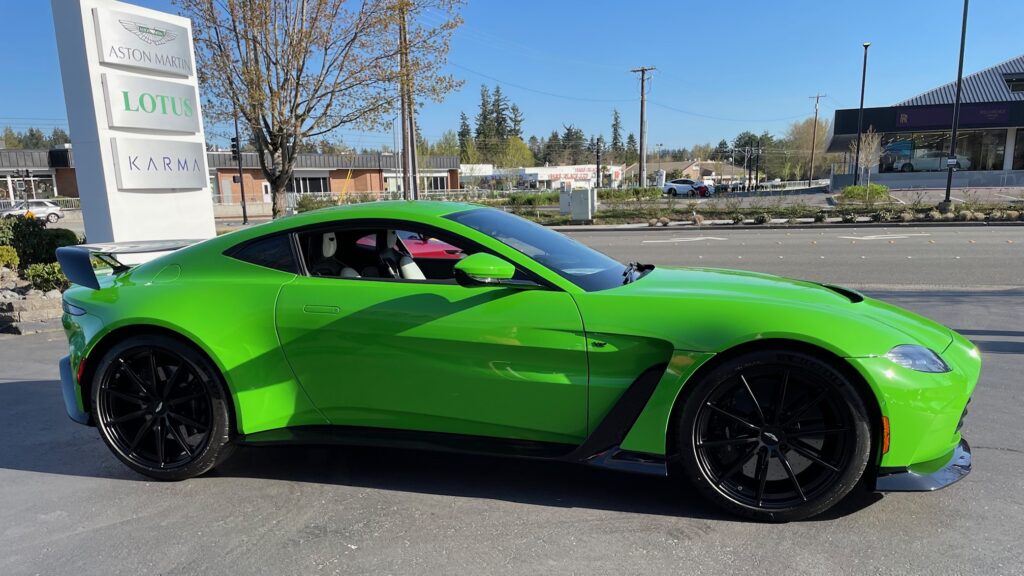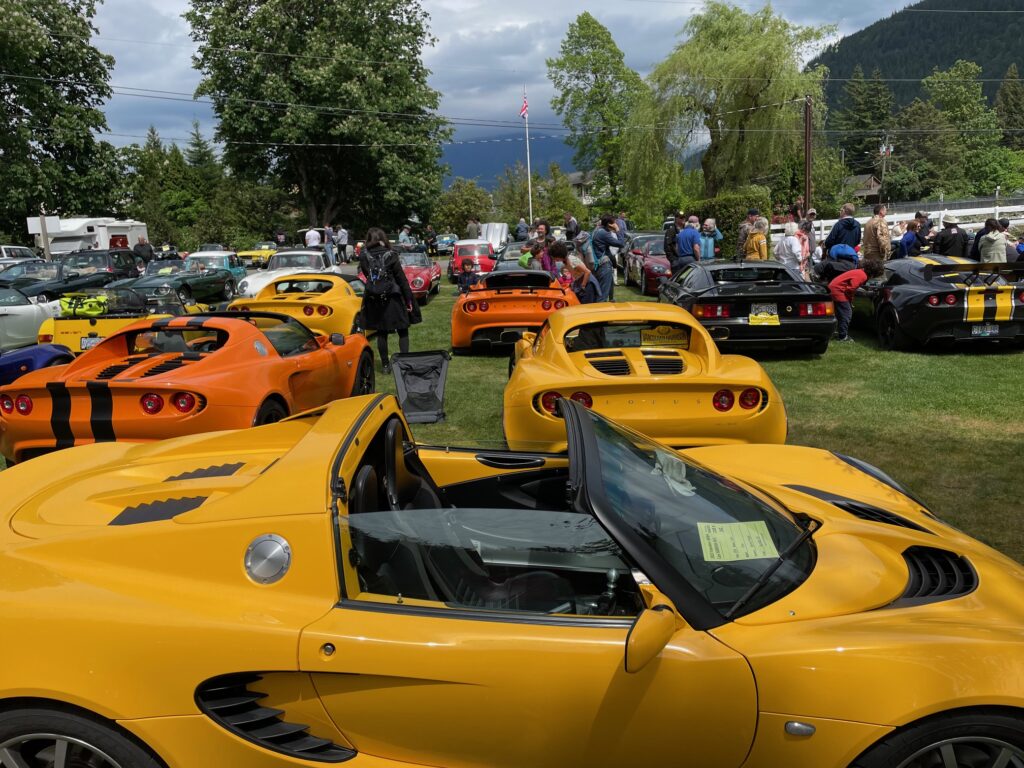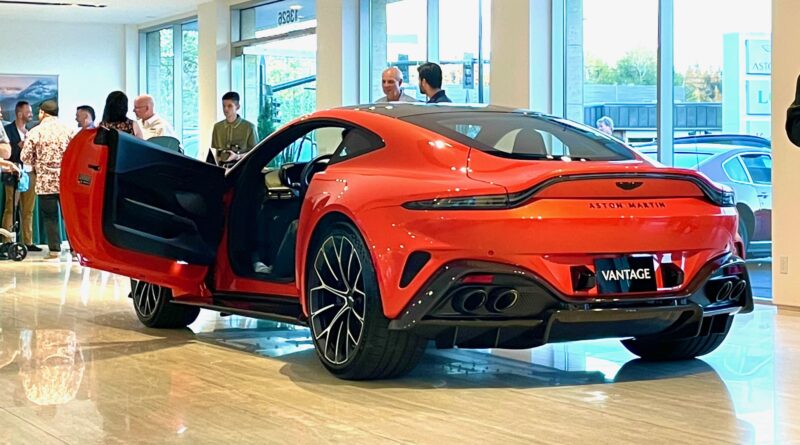The Miracle of Boutique Automakers
The list of failed auto companies is longer than your arm – and your leg and probably your snow skis. Since 1900, in the United States alone, there are nearly 100 that failed whose names started with the letter “A”! Multiply that by the rest of the alphabet and the world. It’s mindboggling! Sure, a lot of those companies were startups at the time the car was new technology. But it isn’t any better now.
It’s worse than getting into the restaurant business where 80% of them are destined to fail in the first five years. Why is that, exactly? Well, there’s a long list of reasons. The barriers to entry are enormous – huge capital expenditures, long development programs, large distribution networks, service and warranty issues, numerous and specialized skillsets, difficult regulatory requirements and massive economies of scale. Other than that, no big deal.
So why would anyone entertain the idea of starting a car company? You have to be at least a little bit crazy, have great product ideas, be extremely motivated, have lots of connections and extremely deep pockets, be willing to work like a madman and be blessed with a large dose of luck and good timing.

So how did Tesla defy the odds and become a real manufacturer that the big boys have to deal with? How does Aston Martin continue to survive as a small independent designer and manufacturer of luxury performance automobiles? For starters, they both have patriarchs with access to billions of dollars. Tesla has Elon Musk, of course. Aston has Lawrence Stroll. Both are multi-billionaires. Elon has a passion for diving into and commercializing cutting edge tech; Stroll a passion for cars, as witnessed by his ownership of a Formula One race team and later Aston Martin itself. He is now cleverly leveraging one with the other to create synergies for both.
Second, they are both tenacious in their pursuit of, not necessarily perfection, but optimized performance. Third, they are innovators. Fourth, they aren’t afraid of making mistakes or of what others think. Fifth, they have a vision and a mission. Sixth, they don’t pretend to know everything; they hire very smart people. Seven, they’re not afraid of vertically integrating. Last, they are calculating, ruthless and decisive.
Every other manufacturer has a much larger parent company to lean on for financial strength and to derive engines and platforms. In a drive of consolidation, begun in the late 1990s by Volkswagen’s Ferdinand Piëch’s desire to make VW the world’s largest car maker, Bentley was bought by Volkswagen, Lamborghini by Audi (Volkswagen), Bugatti by Rimac/Porsche (formerly Volkswagen). BMW joined the race and bought Rolls Royce and Cooper Mini.
In the last several years Chinese and other investment groups have also taken an active role in bailing out and supporting many smaller automotive companies that inevitably found themselves financially constrained. Wanxiang bought Fisker and renamed it Karma; 115-year-old Morgan is majority owned by Italy’s Investindustrial; Lotus by Geely of China and Ekita of Malaysia. Saudi Arabia’s PIF now has a minority stake in Pagani. While Ferrari is no longer owned by Fiat, with over 50 years of ownership it did provide Ferrari the resources to substantially grow into a self-sustaining entity.

Tesla still has its challenges, as does Aston Martin. I never thought Tesla would make it past the generous government subsidies that helped create demand for EVs. But it has become the world’s largest EV car manufacturer. Despite questionable business fundamentals, ridiculous investor optimism has fueled a Tesla market valuation that helps support its financial borrowing power.
Aston Martin constantly has challenges competing, because they are one of only two independent manufacturers in the high-end car segment. The other is McLaren, also British. That said, last year even Aston added Mercedes as a minority owner (20%) and McLaren was acquired by Mumtalakat of Bahrain. Says something about the indomitable British spirit these companies still strive to maintain control of their own destinies.
Every small automaker must at least have a supplier relationship with a major auto company in order to be viable. It usually involves engines, because these days they are incredibly expensive and time consuming to develop. Aston Martin now has a business/supplier relationship with Mercedes Benz that assists them with the latest infotainment systems and the basis for some V8 engines. Still, Aston remains independent with a colorful 111-year history in the auto industry punctuated by some seven-odd bankruptcies.
Importantly, all these survivors, in particular Aston Martin and now Tesla, also have remarkable histories and incredible branding people love to attach to. The importance and romance of brand reputation cannot be overstated. It has no doubt helped these companies survive.
So, next time you consider starting your own business, think about car companies. They are the epitome of difficult in the extreme. But from them you can learn a lot about what your business challenges will be. You can never have too much funding. Hire really smart, passionate people. Build a cadre of outside allies and a strong supply chain. Develop a large dose of critical common sense and strong banking relationships. Be critical of your own capabilities and don’t hesitate to seek help and advice. Humility brings a valuable perspective that will aid you. Lastly, not everyone is here to help, no matter what they say. Learn to cast a jaundiced eye at everyone’s motivation to be involved.
Business is an adventure. Every day will present rewards, disappointments and challenges. Keep an even keel and know there is always a way forward. Sounds like life, doesn’t it?




